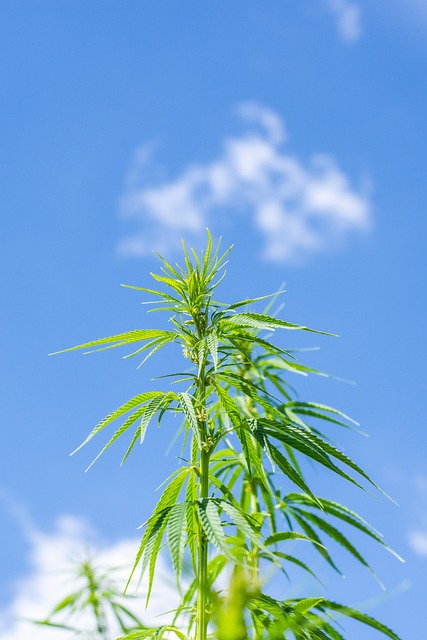2023 saw a surge in interest for THCA flower in Canada, as consumers looked to the non-psychoactive cannabinoid for its potential therapeutic benefits. The legality of THCA products is complex and varies by Canadian province due to both federal and provincial regulations. Under the Cannabis Act (Bill C-45), THCA is legal at the federal level if its THC content is below 0.3 percent on a dry weight basis. However, provincial differences mean that consumers must understand local laws for compliance. In provinces like British Columbia, Alberta, and Saskatchewan, adults can legally possess and use THCA flower under federal guidelines. In contrast, in Quebec and Ontario, additional provincial regulations apply. Cultivation of THCA-rich cannabis is regulated and must adhere to specific legislation within each province. Growers in British Columbia produce THCA flower through outdoor cultivation, while Alberta and Ontario favor indoor and greenhouse operations to ensure high-quality products. The therapeutic potential of THCA, including its anti-inflammatory, analgesic, and neuroprotective effects, is a subject of increasing research interest. Consumers interested in the benefits of THCA should be well-informed about the specific laws within their province, as they can vary significantly and are subject to change over time.
Explore the intricate world of THCA flower, a non-psychoactive cannabinoid acclaimed for its potential therapeutic properties and legality in Canada. This article delves into the multifaceted aspects of THCA flower, from its legal status across Canadian provinces to its cultivation, consumption, and the entourage effect it exhibits with other cannabinoids. Discover how THCA is becoming a staple in the Canadian consumer market, its role in the entourage effect, and the impact of genetic selection and federal regulations on its availability. Whether you’re new to the cannabis landscape or a seasoned connoisseur, this comprehensive guide will enlighten you on everything THCA flower, ensuring an informed and responsible approach to its use.
- Unlocking the Potential of THCA Flower: A Deep Dive into its Legal Status in Canada
- The Chemical Compound Behind THCA: An In-Depth Look at Tetrahydrocannabinolic Acid
- THCA Flower's Rise in Popularity Among Canadian Consumers
- Understanding the Legality of THCA Flower Across Different Canadian Provinces
- The Production Process: How THCA Flower is Harvested and Cultivated in Canada
- Therapeutic Benefits of THCA Flower: What Research Says
Unlocking the Potential of THCA Flower: A Deep Dive into its Legal Status in Canada
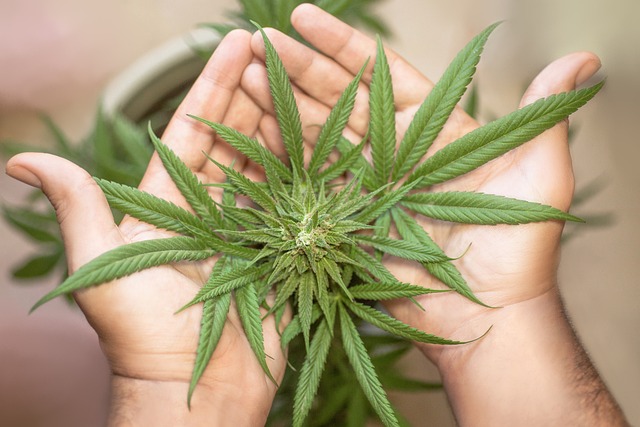
THCA, or tetrahydrocannabinolic acid, is the raw and natural precursor to THC, the psychoactive compound found in cannabis. As research continues to uncover the various effects of different cannabinoids, THCA has garnered attention for its potential therapeutic properties. In Canada, where the use and production of cannabis have been regulated since the Cannabis Act was passed in 2018, the legal status of THCA flower is subject to both federal and provincial regulations. Under the federal law, it is legal to possess, produce, and sell cannabis, including THCA flower, provided that the sale and distribution occur through licensed producers and retailers. However, the specifics can vary across Canadian provinces, where individual regulatory frameworks may dictate access and availability. For instance, some provinces may have age restrictions, possession limits, or zoning regulations that impact the retail landscape of THCA flower. As such, understanding the legal status of THCA flower requires a careful examination of both federal guidelines and local provincial laws to navigate its use and distribution legally within Canada’s diverse cannabis market.
The Chemical Compound Behind THCA: An In-Depth Look at Tetrahydrocannabinolic Acid
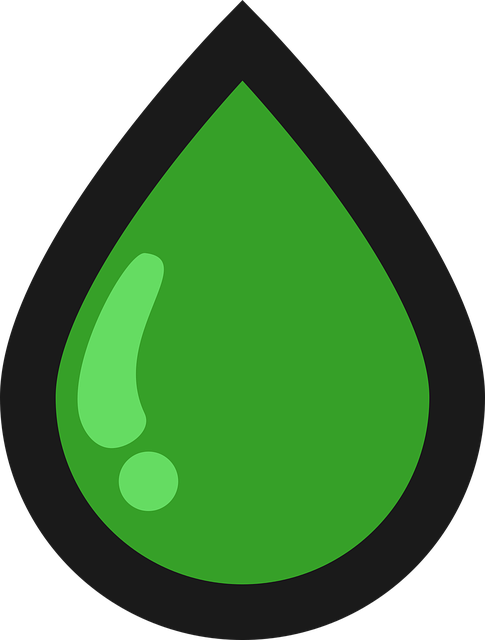
Tetrahydrocannabinolic Acid (THCA) is a natural cannabinoid found in the Cannabis sativa plant, representing one of the most prominent chemical compounds within the cannabis family. THCA is non-psychoactive, meaning it does not produce the ‘high’ commonly associated with its decarboxylated form, THC (tetrahydrocannabinol). However, THCA is gaining significant attention for its potential therapeutic properties and is a subject of extensive research. In Canada, the legal status of THCA-rich products varies across provinces, with some jurisdictions permitting the sale of flowers and extracts containing THCA, provided they meet regulatory requirements. In Canada’s regulated market, consumers can access THCA products for their potential wellness benefits, with a focus on its anti-inflammatory, analgesic, and neuroprotective effects. The interest in THCA legal in Canada provinces reflects a broader trend towards the exploration of cannabinoids beyond the psychoactive components typically consumed. As such, both researchers and consumers are intrigued by the possibilities that THCA presents, particularly in the context of medical applications and holistic health practices. Understanding the nuances of THCA’s legal status and its potential benefits is crucial for those navigating the evolving landscape of cannabis products within Canada’s provinces.
THCA Flower's Rise in Popularity Among Canadian Consumers
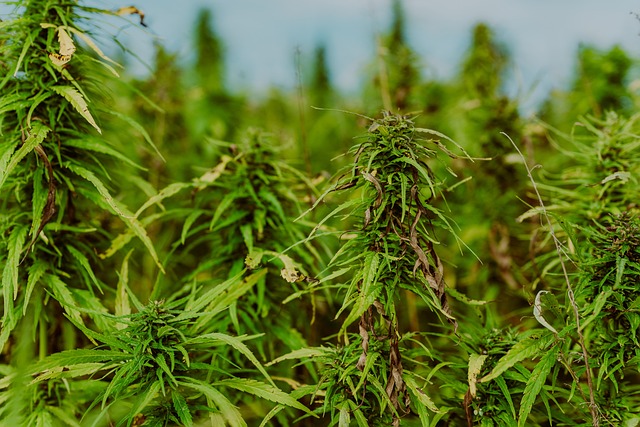
2023 has seen a notable uptick in the popularity of THCA flower among Canadian consumers, reflecting a broader trend towards plant-based wellness solutions. The rise of THCA, or Tetrahydrocannabinolic Acid, as a legal alternative to its psychoactive counterpart THC, has sparked interest due to its potential therapeutic properties. Legality varies across Canadian provinces, with regulations that allow for the sale and consumption of cannabis products containing THCA, provided they adhere to local laws and guidelines. Consumers are increasingly seeking out THCA flower as a source of well-being, attributed to its non-intoxicating nature. Unlike delta-9 THC, THCA is not psychoactive, making it an attractive option for those seeking the potential health benefits of cannabinoids without the mind-altering effects. The growing body of anecdotal evidence and research supporting the positive attributes of THCA flower has further fueled its adoption across the country. As such, the demand for THCA-rich hemp products has led to a burgeoning market, with both producers and consumers navigating this new frontier in cannabis wellness within the legal framework established by Canadian provinces.
Understanding the Legality of THCA Flower Across Different Canadian Provinces
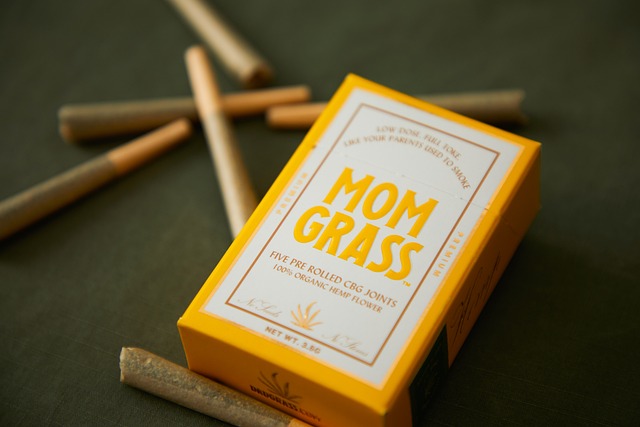
Navigating the legality of THCA flower across Canadian provinces requires a nuanced understanding of federal and provincial regulations. As of the current legal framework established by the Cannabis Act (Bill C-45) in Canada, tetrahydrocannabinolic acid (THCA) is federally legal, provided it contains less than 0.3 percent THC on a dry weight basis. This threshold is significant because THCA, the raw form of THC before heat is applied, is non-psychoactive and has potential therapeutic benefits. However, the governance of this substance varies by province.
For instance, in some provinces like British Columbia, Alberta, and Saskatchewan, adults can legally possess and use cannabis products, including THCA flower, within the confines of federal guidelines. In contrast, other regions such as Quebec and Ontario have their own regulatory bodies that may impose additional restrictions or require specific licenses for possession and sale. It’s crucial for individuals to be aware of the provincial regulations that govern cannabis products, as they can differ significantly from one province to another. Consumers and businesses must stay informed about local legislation, which can change over time, to ensure compliance with all applicable laws concerning THCA flower. Always refer to the most current regulations provided by the respective provincial or territorial health departments to understand the legal status of THCA in your region.
The Production Process: How THCA Flower is Harvested and Cultivated in Canada
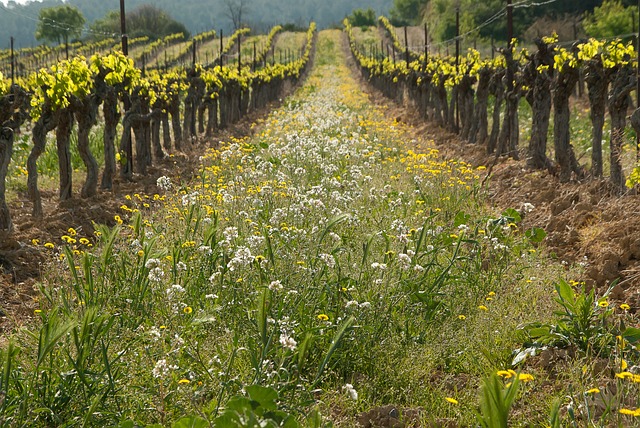
In Canada, the production process of THCA flower is governed by strict regulations that vary across provincial jurisdictions where it’s legal. The cultivation of THCA-rich cannabis begins with selecting strains known for their high THCA content, a non-psychoactive precursor to THC found in the cannabis plant. Growers meticulously prepare the soil and ensure optimal growing conditions through controlled environments or open-air farming, depending on regional climates and local regulations. The harvesting process is carefully timed to maximize THCA levels, typically when the flowers have achieved the desired potency. This requires a precise understanding of cannabis maturation stages, as THCA transforms into THC upon drying and curing, a process that must be managed to maintain the integrity of the product. In British Columbia, for instance, where the climate is conducive to outdoor cultivation, growers adhere to Health Canada’s regulations to produce legal THCA flower. Across other provinces like Alberta and Ontario, indoor and greenhouse operations are prevalent, leveraging advanced horticultural techniques to yield high-quality THCA flower that aligns with the country’s legislative framework. The adherence to these regulations ensures that the THCA flower available in legal Canadian provinces is safe, standardized, and accessible for both medicinal and adult-use consumers.
Therapeutic Benefits of THCA Flower: What Research Says
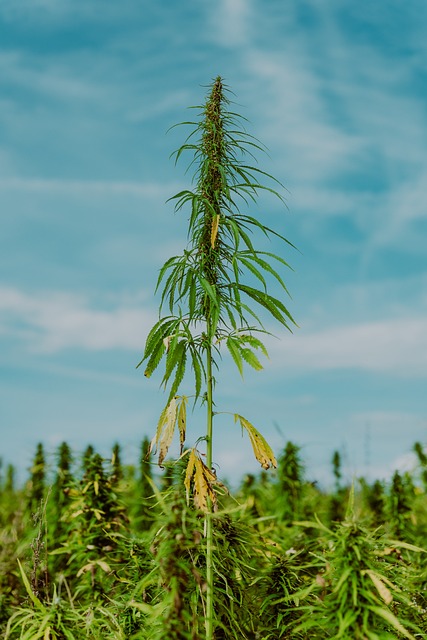
Delta-9 tetrahydrocannabinol (THC) is well-known for its psychoactive effects, but before THC forms, there’s another cannabinoid with potential therapeutic benefits: tetrahydrocannabinolic acid A (THCA). THCA is the non-psychoactive precursor to THC and is found in raw cannabis plants or cannabis flowers that have not been heated or decarboxylated. As research continues to unfold, it suggests that THCA may offer a range of therapeutic properties without the intoxicating effects associated with its molecular descendant, THC.
Preliminary studies indicate that THCA may exert anti-inflammatory, analgesic, and neuroprotective effects, potentially making it beneficial for conditions like arthritis, chronic pain, and neurological disorders. The legality of THCA flower varies across Canadian provinces; in some, such as British Columbia and Alberta, possession of cannabis flowers containing THCA is legal provided it adheres to the country’s stringent regulations. In these jurisdictions, individuals can legally possess up to 30 grams of dried cannabis or its equivalent in cannabis plants. As consumers and researchers explore the potential of THCA, it’s clear that this cannabinoid holds promise for various therapeutic applications. However, as with any substance within the cannabis spectrum, it’s crucial for users to stay informed about the legal status specific to their province and to use products responsibly under the guidance of a healthcare professional when considering therapeutic uses.
The exploration into the multifaceted nature of THCA flower has shed light on its emerging role within the Canadian market, delineating its legal status, production methods, and potential therapeutic benefits. As outlined, THCA’s legal standing in Canada varies across provinces, underscoring the importance for consumers to be well-informed about their local regulations. The meticulous cultivation process that transforms cannabis into THCA flower is a testament to the ingenuity and dedication of Canadian producers. With its non-intoxicating properties, THCA flower presents a promising avenue for those exploring cannabinoids for health and wellness purposes, as evidenced by ongoing research. As this segment of the cannabis industry continues to mature and expand, it is clear that THCA’s potential applications will be a focal point for future scientific inquiry and policy development within Canada’s provinces.
